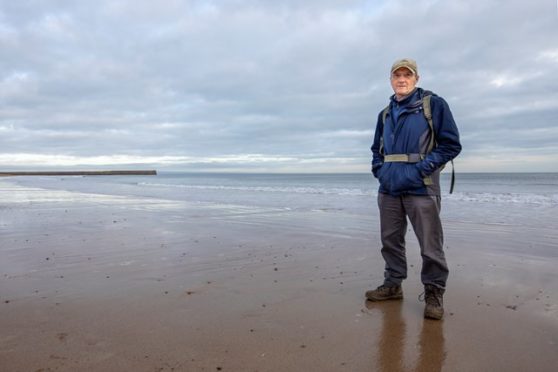Coronavirus could be a wake-up call for the UK in dealing with future crises according to a leading government adviser.
Professor Sir Ian Boyd claimed despite practice runs for a flu pandemic prior to the Covid-19 outbreak, actions needed to cope were not implemented.
The chief scientific adviser to the Department for Environment, Food and Rural Affairs said the government must learn and make systematic change, warning similar events could become more frequent in future.
The St Andrews University marine and polar scientist said now, with the public aware of the need for measures like self-isolation and social distancing, is the time to act.
Professor Boyd said: “We learnt what would help, but did not necessarily implement those lessons.
“The assessment, in many sectors of government, was that the resulting medicine was so strong that it would be spat out. Nobody likes living under a fortress mentality.”
Writing in the Nature journal, Sir Ian said unless the government is prepared to act earlier, which could be seen as punitive on the public, such events could happen again with worse outcomes.
He said: “The middle of a pandemic, when we are all struggling to cope, may not be the best time to get people’s attention.
“But we need to wake up to our vulnerabilities. There are a lot of rare events which could happen and bring similar problems to those we are experiencing now.
“Trends including the rise of global population and climate change are making us more vulnerable and this means that these types of events are likely to become more frequent in future.
“In normal times, it is difficult for politicians to act to bolster our resilience because events like Covid-19 seem too distant to most people to be a concern.
“However, building resilience when times are good to enable us to be stronger when times are bad is going to have to be an important part of future planning from the international community, to national governments and even down to individual households.”
Sir Ian also suggested Brexit planning to keep food, drugs, fuel and other necessities available may help the UK tackle the fallout of coronavirus and help the country rebuild.
He said: “Covid-19 might be just a wake-up call: let’s use it to rebuild our systems into something more resilient.”









